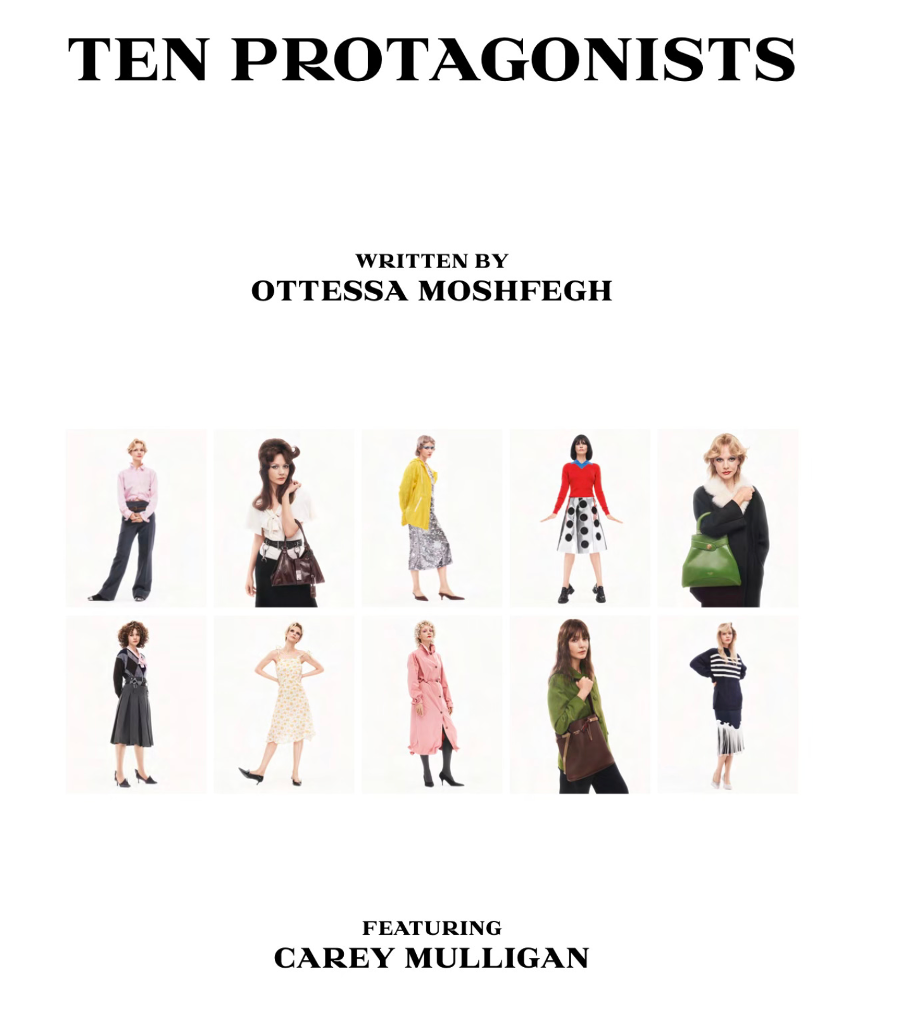Intellectual Synthesis 3.0
the intellectuals of this moment are the ones who heal through informing & elevating

New here? Click here for why I write.
Need to catch up? Have a read below:
“Intelligence is really a kind of taste: taste in ideas.” – Susan Sontag
Intellectualism may have been historically associated with a person’s ability to think and understand complicated ideas, often accredited through qualifications and credibility. But in the future – with its emergence already visible – more focus will be placed on a person’s ability to connect with how ideas help people heal and evolve.
Under Intellectualism 3.0 ideas aim to elevate and regulate instead of deplete and overload.
Rather than solely being underp…
Keep reading with a 7-day free trial
Subscribe to The Breakout Room with Joanna George to keep reading this post and get 7 days of free access to the full post archives.




